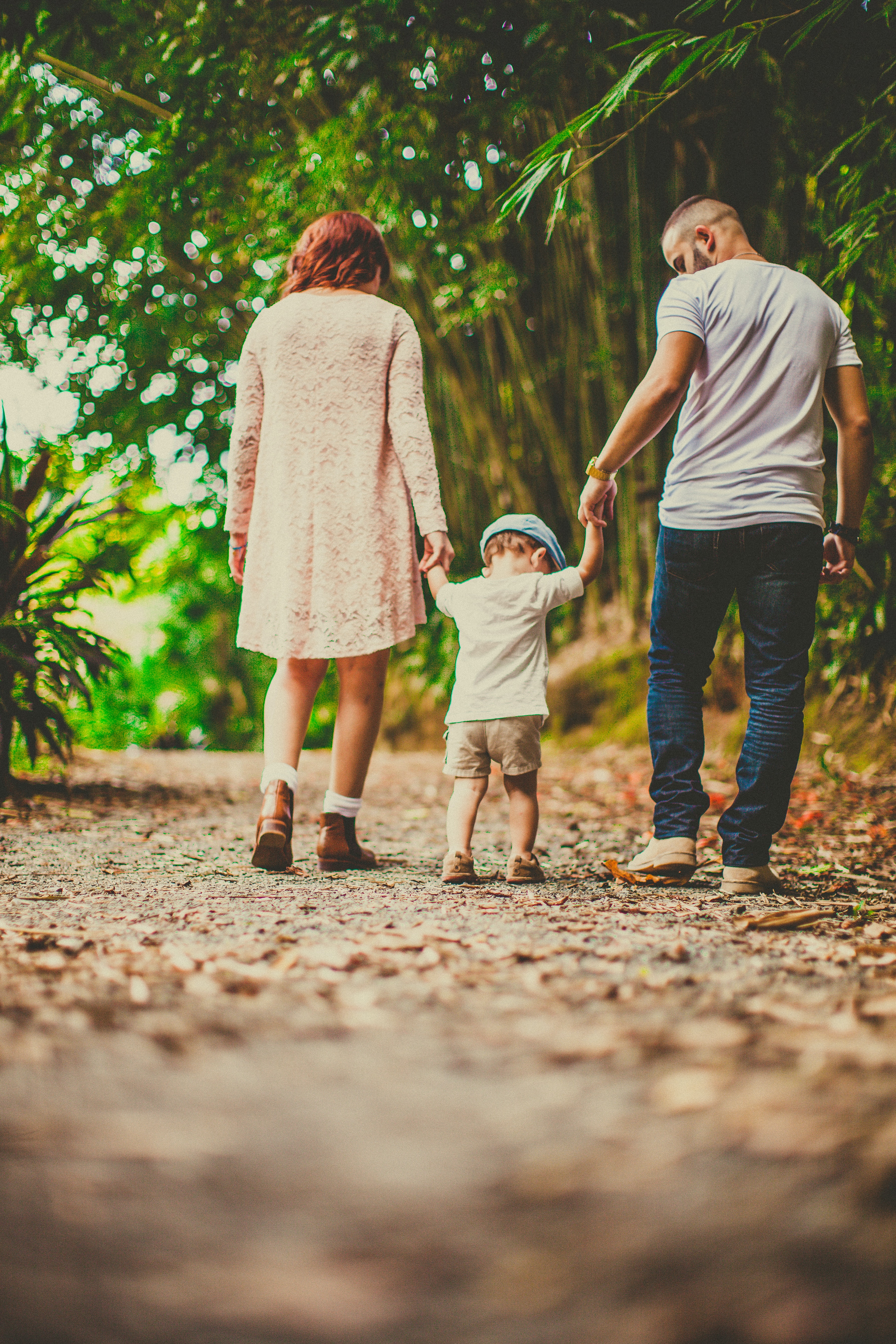
I think one of the greatest fears from parents today is that somehow, in the mess of everyday life, they’re going to do something major (or maybe even something minor) that will totally mess up their kid. You know, like the moment you slammed your hands on the steering wheel when your kid told you on the way to school that they forgot their lunch at home (for the third time this week) or when you sent them to school with chocolate milk dried on their face, and found out 3 weeks later that it was picture day.
Recently, I got to speak with nationally recognized female success coach Gaby Abrams. We spoke about the things parents are worried will affect their kids in the long run and boy do I have good news for you. I know you’re certain that the thing you said, or the event you forgot will send your kid to therapy later on, but read on. Here’s what Gaby Abrams has to say about parenting and how messing up your kids is a flawed mindset.
Gaby Abrams on “Messing Up” Your Kid:
In my six years as a parent, the fear that I am somehow messing up my kid has crossed my mind a time or two (or one hundred or two hundred). I know I’m not alone here.
It doesn’t make it any easier that I spend all day regressing people to their most traumatic childhood memories in order to help them figure out how those moments have affected their adult lives.
Your parent forgot you at school? You got the lead in the play and forgot your lines? Did nobody come to your sixth birthday party? I’ve heard it all.
With my own kids, I wonder to myself all the time, “Is this it? Is this the moment they’ll be telling their therapist about years from now?”
But, guess what I’ve learned? It’s impossible for trauma NOT to happen.
There’s trauma with a Big “T” and trauma with a little “t.” Big “T” trauma is the big stuff – divorce, death or abuse. Little “t” trauma consists of the smaller, everyday events that cause distress – a disagreement with a friend, a bad grade on a test, or a mean comment from a sibling.
The latter is inevitable, and sometimes, so is the former. You can have the most idyllic, perfect childhood and still experience trauma. They are not mutually exclusive. As parents, there’s just no way to protect our children from it. It’s a part of life.
While there’s really no way to predict what moment exactly will be THE ONE, I can tell you one thing: it will most likely be a little “t” moment.
Yes, those small, insignificant moments are the ones that come up most often for my clients in sessions. Doesn’t that take the pressure off you? All those horrible things you’re worried you did... and your child is just thinking about the time you refused to stop for a Happy Meal on the way home. C’est la vie!
Why does this happen? First, we tend to have better communication around big events. We talk about things like divorce and death, whereas we might not give the same amount of attention to smaller events like being five minutes late to pick-up or forgetting to buy their favorite ice cream. How could we?!
Second, kids lack the understanding of permanence and cause and effect that we have as adults. When something bad or less than desirable happens to a child, they tend to make up their own explanations for it. Those explanations can be creative, to say the least, and occasionally, they’re far worse than the truth.
Let’s take a popped balloon for example. Instead of recognizing that balloons pop all the time and it doesn’t mean anything at all, your child might be heartbroken! They might think, “It’s me. I can never have nice things. Good things always go away for me.” As adults, we know this isn’t true, but kids have a more difficult time understanding that.
The best thing we can do in situations like this is to slow down and have a conversation about what happened. Love and compassion will go a long way, and while you can’t control what happens in your child’s life or protect them from every disappointment, you can let them know that they are loved, seen and heard.
To children, it’s all about the little moments, and as parents, we can help them navigate these better.
The great news is that kids are a lot more resilient than we think. In my own parenting, I find so much peace in knowing this. All we can do is take it moment by moment and remember that most of it isn’t our fault and is, in fact, totally out of our control.
It’s scary to think about all the factors that will determine your child’s future, and we worry about how they’ll remember their childhood as an adult far more often than we should. The good news is because kids are so imaginative and have a different understanding of permanence, simple conversations can go a long way in helping them understand why things happen the way that they do. Then, hopefully, they won’t imprint traumatically.
At the end of the day, as parents, all we want is to make sure our kids turn out to be happy and healthy individuals. Even though mistakes may be made along the way, I’m certain that with honest communication and grace for both of you, things will turn out more than okay in the end.
This post comes from the TODAY Parenting Team community, where all members are welcome to post and discuss parenting solutions. Learn more and join us! Because we're all in this together.
